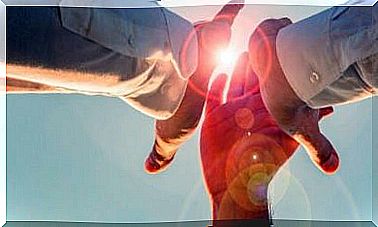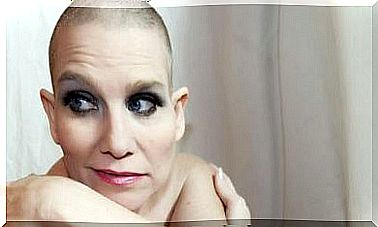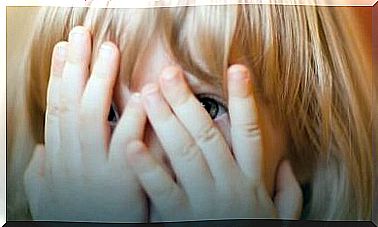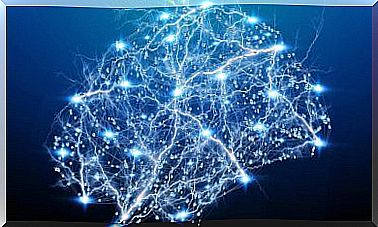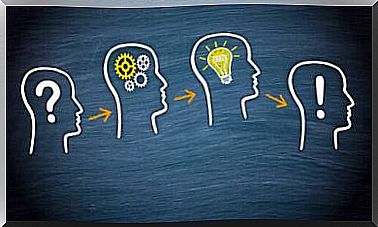The Representativeness Bias: The Dangers Of Social Labels
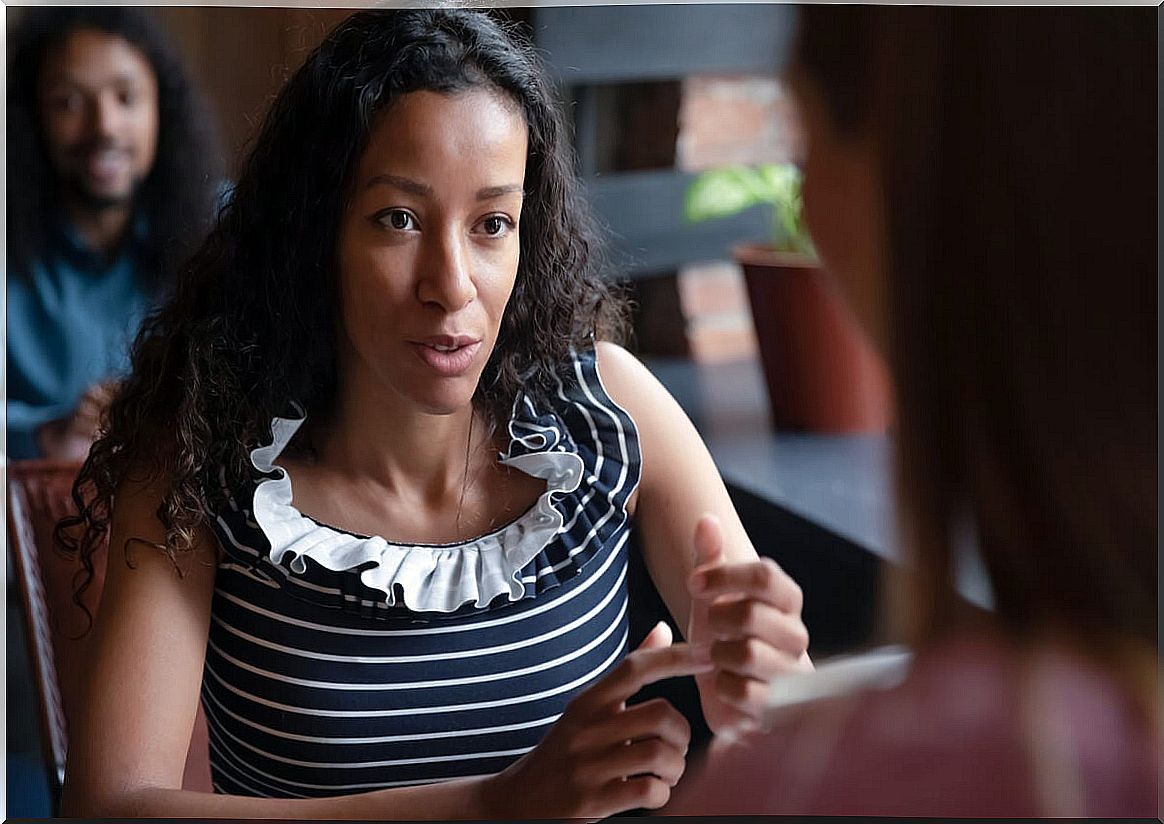
Humans are subjected to such a large amount of stimuli and information that, at times, it is almost impossible to handle all ideas at once. For this, categorization is almost essential, but how does this process work? Many times, the representativeness bias is necessary.
This bias is necessary to handle the tons of information that go through the brain, but it can sometimes become a problem on a social level. In this article you will be able to read the relationship between one phenomenon and another.
The representativeness bias
A cognitive bias is a processing of information that is done quickly, a kind of “trick” that the mind has to organize ideas and process information in a more efficient way in terms of survival. However, the problem is precisely that: it can lead us to erroneous or illogical conclusions.
There are many cognitive biases, but the representativeness bias is one of those that has the most to do with social categorization. What does it consist of?
When we meet a person, we tend to classify him into a group based on what his main or most salient characteristics coincide with those of this. In fact, when we fall into the representativeness bias, we usually make four main mistakes. We describe them below.

Insensitivity to sample size
When the actual frequency of occurrence of an event is known, it tends to be judged that in individual episodes this proportion will also be maintained. For example, knowing that tossing a coin the probability that one side or the other will come out is random, when many tails have been thrown in a row, one tends to foresee that the next one will be heads.
Insensitivity to prior probabilities
It is the tendency to pigeonhole someone or something into a category based on new information and without taking into account what may have been before. For example, if you have just met someone who claims to be methodical and a computer fan, they are more likely to think that they have studied engineering rather than the humanities.
Conjunction fallacy
There is a tendency to think that two events are more likely to occur at the same time than to appear separately, contrary to the axiom of probability, which says otherwise. An example of this is assuming that a good and intelligent person will work on something important and do charitable actions when most likely he will only do one of them.
The dangers of social labels
You’ve already seen the mistakes that are commonly made with representativeness bias. To put it all together in one example, consider the following: if we know a person who wears black clothes, wears chains and bracelets with accessory spikes, and his hairstyle is a mohawk tinted green, it is very possible that we label him as punk .
That is, a person with that aesthetic would be representative of the group of ” punks “, hence the name of the bias. However, this person might like this aesthetic but listen to classical music. Or just dress like that to go out and wear a suit the rest of the time.
The example above is relatively neutral because it concerns only the way of dressing, but what happens when punks are associated with other more pejorative labels, such as vandalism? From here you can go to the next point: the dangers of social labels.
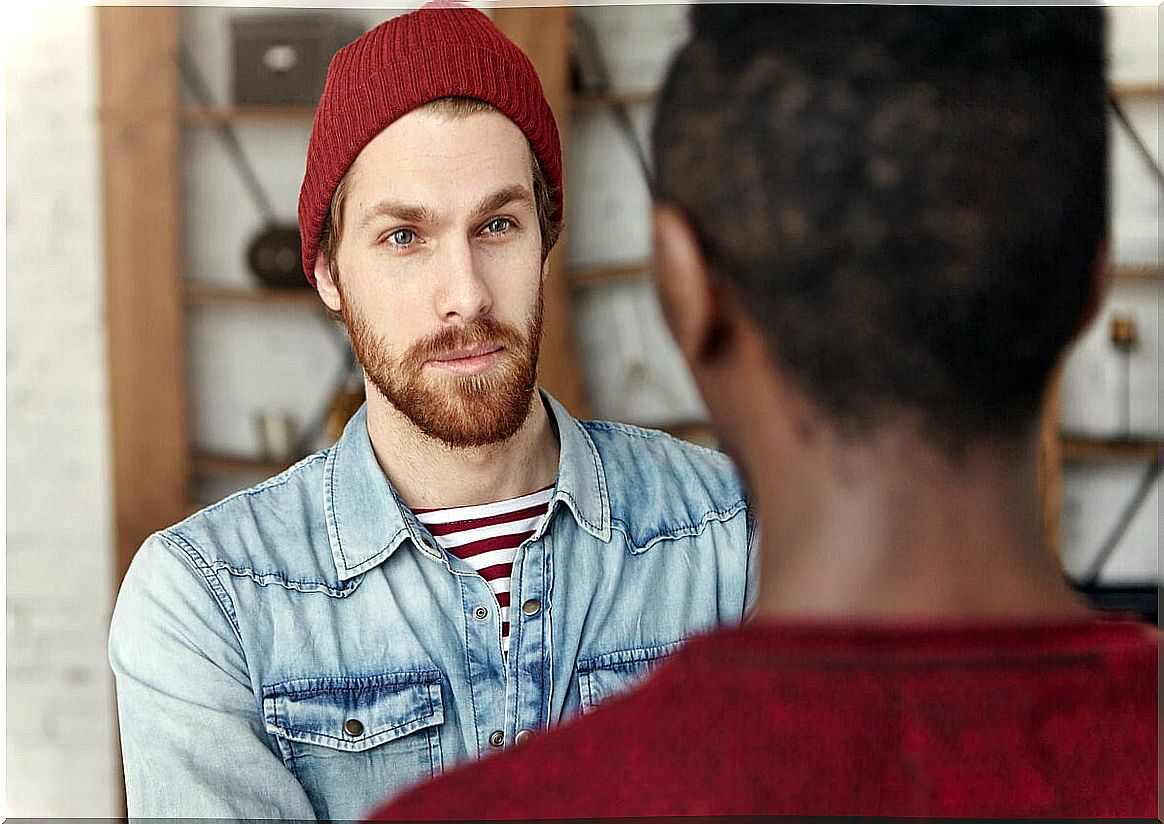
However, cognitive biases provide us with judgments so fast and absolute that it is difficult to discard them in situations with little information. It is in these moments when prejudice and discriminatory treatment are born.
Representativeness bias somehow encourages us to label people. It is a natural process of the mind, but when it automatically links with undesirable characteristics, it is necessary to review ideas and put the brakes on judgments.
On a small scale it may be a hasty assumption, but when it escalates into violence and discrimination, it is worth pausing to think and try to modulate the influence of this bias.


